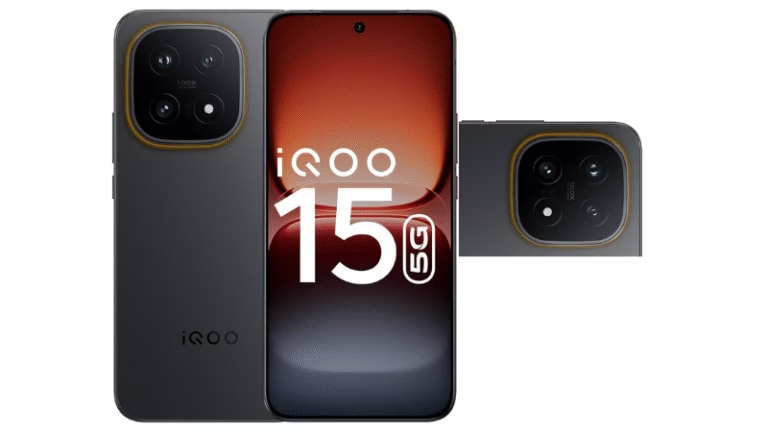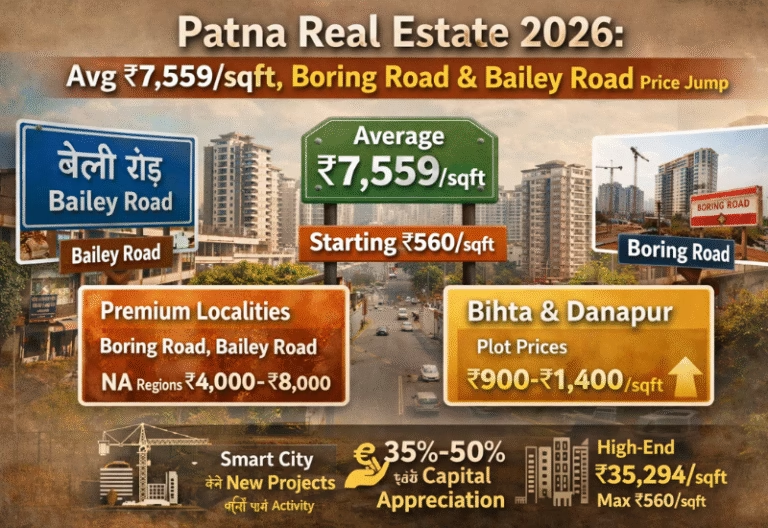Top 10 Valued E-Commerce Sites in the World

soure=DALL·E
1. Amazon
Valuation: $1.4 Trillion (approx.)
As the undisputed leader of the e-commerce industry, Amazon has transformed the shopping experience for millions of consumers worldwide. From books to electronics to groceries, Amazon has diversified into almost every retail category. Its Prime membership, Alexa-powered smart devices, and strong presence in cloud computing (AWS) have all contributed to its unrivaled success. The company’s business model continues to evolve, offering everything from subscription services to entertainment content.
2. Alibaba
Valuation: $560 Billion (approx.)
Alibaba, the Chinese e-commerce giant founded by Jack Ma, is a behemoth in global e-commerce. It operates a range of platforms, including Alibaba.com (a B2B marketplace), Taobao (a leading C2C platform), and Tmall (a B2C platform). Alibaba has become the gateway to online shopping in China and much of Asia, with its reach expanding globally through partnerships and acquisitions. The company’s success is driven by its extensive ecosystem, which includes digital payments, cloud services, and logistics.
3. JD.com
Valuation: $140 Billion (approx.)
JD.com, often called the “Amazon of China,” is another e-commerce powerhouse in the Asian market. Founded by Liu Qiangdong, JD.com has built its reputation on offering high-quality, authentic products. Unlike Alibaba, which operates as a marketplace for third-party sellers, JD.com controls its own logistics network and is known for fast and reliable delivery services. JD.com continues to expand into international markets, particularly in Southeast Asia.
4. eBay
Valuation: $35 Billion (approx.)
eBay revolutionized the way people buy and sell products through auctions. It remains one of the most popular online marketplaces globally, offering everything from rare collectibles to used items, making it a one-stop platform for buyers and sellers. While Amazon dominates the retail space, eBay’s focus on auctions and second-hand goods has made it a valuable resource for niche markets.
5. Walmart
Valuation: $400 Billion (approx.)
Although traditionally known as a brick-and-mortar retailer, Walmart has quickly adapted to the world of e-commerce. Its online store rivals Amazon’s, offering everything from electronics to groceries. Walmart has heavily invested in improving its online experience, expanding its product offerings, and integrating technology into its supply chain. Walmart’s acquisitions, including Jet.com, have also bolstered its e-commerce efforts.
6. Shopify
Valuation: $165 Billion (approx.)
Shopify is a leader in enabling small and medium-sized businesses (SMBs) to set up their own e-commerce stores. Offering a range of customizable templates, tools for managing sales, and payment integrations, Shopify makes it easy for entrepreneurs to build their online presence. With millions of merchants on its platform, Shopify continues to grow its presence in the e-commerce space.
7. Rakuten
Valuation: $14 Billion (approx.)
Known as Japan’s “Amazon,” Rakuten is a dominant player in the e-commerce market across Asia. With a focus on online retail, digital banking, and telecommunications, Rakuten has diversified its business operations. The company has also expanded internationally, offering services like Rakuten TV, Rakuten Kobo, and Rakuten Viber to compete in various online sectors.
8. Flipkart
Valuation: $37 Billion (approx.)
Flipkart, owned by Walmart, is India’s largest e-commerce platform. The company has a strong hold on India’s rapidly growing online shopping market, offering a wide variety of products, including electronics, clothing, and groceries. Flipkart’s growth is fueled by the expanding middle class in India, with the platform constantly evolving to meet customer demands through technology and innovation.
9. Mercado Libre
Valuation: $51 Billion (approx.)
Mercado Libre is the largest e-commerce platform in Latin America, often referred to as the “Amazon of Latin America.” The company offers a wide range of products, including electronics, fashion, and home goods. Mercado Libre also offers fintech services through its Mercado Pago platform, which enables users to make payments and transfer money digitally.
10. Target
Valuation: $80 Billion (approx.)
Target has emerged as a strong competitor in the e-commerce space, particularly in the United States. While it started as a brick-and-mortar retailer, Target’s online presence has grown rapidly, with the company focusing on omnichannel strategies, offering online shopping with in-store pickup and home delivery options. Target’s digital expansion has contributed to its growing e-commerce revenue, making it a top player in the retail sector.




















